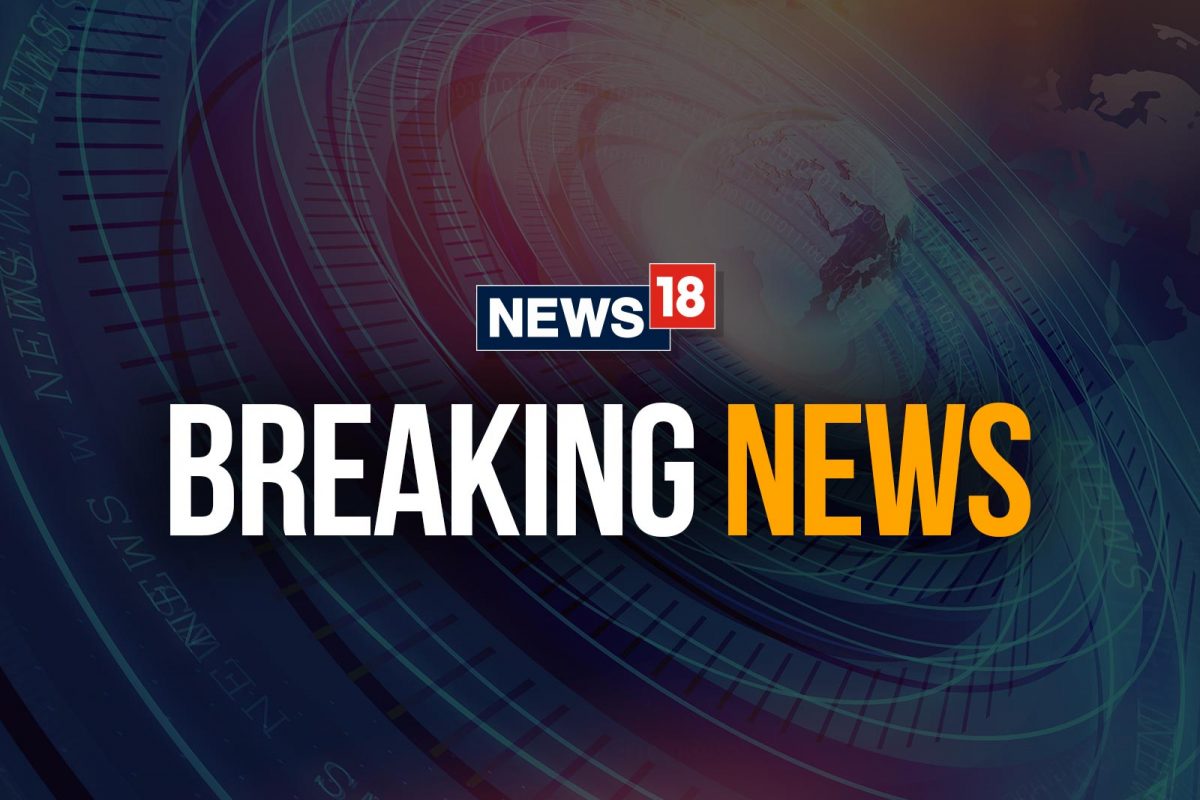

The Supreme Court on Thursday, August 14, 2025, emphasized the importance of considering the ground situation in Jammu and Kashmir before restoring its statehood. A bench led by Chief Justice of India B.R. Gavai, along with Justice K. Vinod Chandran, was hearing a plea seeking the restoration of statehood to the region. The court remarked that incidents like the Pahalgam attack could not be ignored.
The observation came during the hearing of a petition filed by academician Zahoor Ahmad Bhat and socio-political activist Khurshaid Ahmad Malik, who sought directions to restore statehood within two months. They argued that the continued Union Territory status, nearly five years after the abrogation of Article 370, has weakened the democratic setup, caused developmental losses, and infringed upon the rights of its citizens. The petition also asserted that the delay violates the Supreme Court's previous directions to restore statehood "at the earliest and as soon as possible," especially since the assembly election results were declared on October 8, 2024.
Solicitor General Tushar Mehta, representing the Centre, informed the court that steps were being taken towards the restoration of statehood but that there were "peculiar situations" in the region. He noted that assembly elections had been held as promised to the Constitution Bench that upheld the abrogation of Article 370 and the bifurcation of Jammu and Kashmir into two Union Territories and stated, “This is not the time for petitioners to muddy the waters". The Supreme Court has directed the Centre to respond to the plea seeking J&K's statehood within eight weeks.
The Supreme Court had earlier, on December 11, 2023, upheld the abrogation of Article 370, which granted special status to Jammu and Kashmir, ruling it as a temporary provision. The court had said that the President was empowered to revoke the measure in the absence of the Constituent Assembly of the erstwhile state, whose term expired in 1957. While upholding the abrogation, the court had directed that assembly elections be held in Jammu and Kashmir by September 2024 and that statehood be restored "at the earliest".
The recent scrutiny by the Supreme Court underscores the complexities involved in restoring statehood, particularly in light of security concerns. The reference to the Pahalgam attack highlights the need for a careful assessment of the ground realities before a final decision is made.
The Pahalgam attack, which occurred on April 22, 2025, was a deadly terrorist attack on tourists in the Baisaran Valley near Pahalgam. The attack, perpetrated by five armed terrorists, resulted in the death of 26 civilians and left 20 others injured. The victims included Hindu tourists, a Christian tourist, and a local Muslim. The attack was claimed by The Resistance Front (TRF), an offshoot of the Pakistan-based Lashkar-e-Taiba (LeT), though the TRF later denied involvement. India accused Pakistan of supporting cross-border terrorism, leading to retaliatory measures, heightened tensions, and a brief military conflict between the two countries.
The incident was the first major terror attack on civilians in Kashmir since the end of J&K's special status in 2019. Security agencies gathered evidence confirming the Pakistani nationality of the attackers. The attack led to suspension of the Indus Waters Treaty by India and increased military activity in the region.
The Supreme Court's acknowledgment of the "ground situation" and the need to consider incidents like the Pahalgam attack indicates a cautious approach to the restoration of statehood. While the court has previously directed the Centre to restore statehood at the earliest, the recent remarks suggest that the timing and manner of restoration will depend on a comprehensive assessment of the security situation and overall stability in the region.
The court will hear the Center's response in eight weeks.